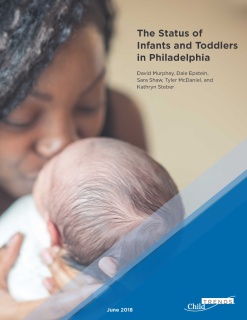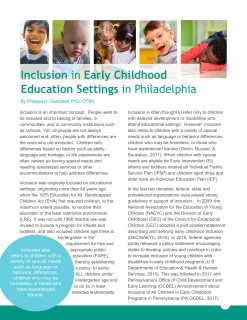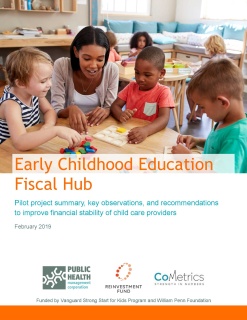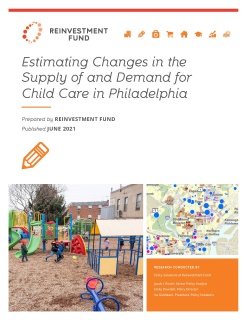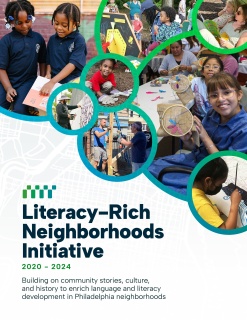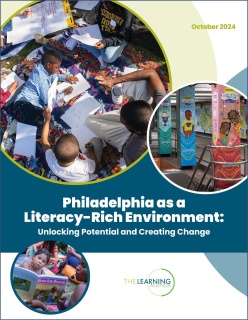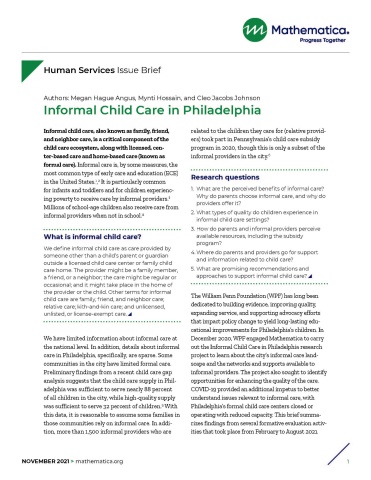
Informal child care, also known as family, friend, and neighbor care, is a critical component of the child care ecosystem, along with licensed, center-based care and home-based care (known as formal care). Informal care is, by some measures, the most common type of early care and education in the United States. It is particularly common for infants and toddlers and for children experiencing poverty to receive care by informal providers. Millions of school-age children also receive care from informal providers when not in school.
This brief explores the informal child care landscape in Philadelphia. The project and subsequent brief sought to identify opportunities for enhancing informal child care.
COVID-19 provided an additional impetus to better understand issues relevant to informal care, given many of the city’s formal child care centers closed or operated at reduced capacity. Thus, the information presented provides clarity about how parents and informal providers perceive available resources, why parents choose informal care, and why providers offer it. It also examines the quality of various informal child care settings, where parents and providers seek child care information, and offers recommendations for supporting informal child care providers.
